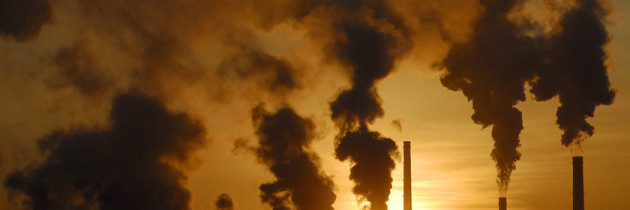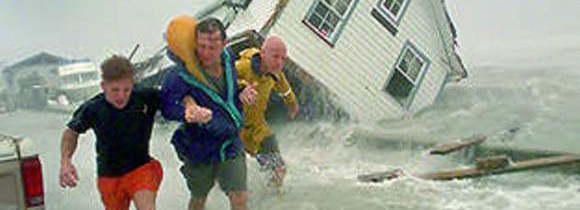U.N. climate summit is high-profile, but some of world’s most important leaders will skip it
This week, the United Nations will host a huge and well-publicized one-day summit on climate change. The public is likely to be watching it closely: It comes just days after thousands of people in New York and around the world took to the streets, demanding more political action to help fight global warming. The climate summit’s organizer, U.N. Secretary General Ban Ki-moon, took part in the New York march, and for Tuesday’s event, he is promising to bring together a some of the most powerful people in the world with a common purpose. “I have invited leaders from government, business, finance and civil society to present their vision, make bold announcements and forge new partnerships that will support the transformative change the world needs,” he wrote in a blog post on the summit for the Huffington Post.
Read More






